In anticipation of the 2024 esports season, Riot Games has revamped its Esports Global Code of Conduct, directed at every individual involved in its esports competitions.
The comprehensive new document, which is set to take effect on Jan. 1, 2024, mainly aims to create a secure and reliable esports environment while simplifying existing rules and practices across all global leagues. Riot’s latest code of conduct applies to “esport professionals,” referring to a broad spectrum of professionals and semi-professional individuals, including players, coaches, trainers, team managers, and team owners.
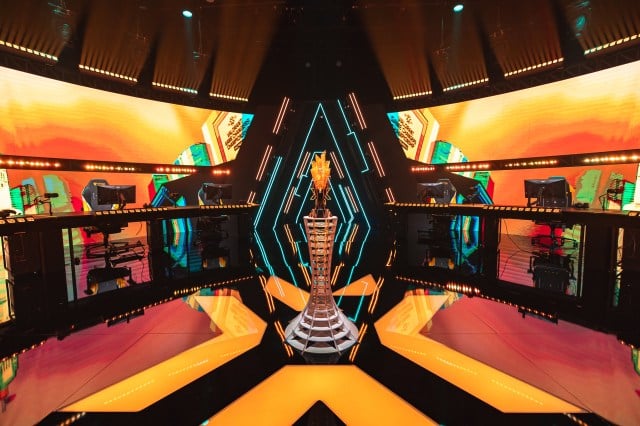
Recognizing the collaborative nature of the esports ecosystem, in the new code of conduct Riot acknowledges few individuals can largely and adversely impact the entire community. The document is thus designed to address issues and behaviors that could compromise the integrity and enjoyment of esports for all players and fans alike.
Some of the introduced guidelines target deliberate underperformance and participation. In specific, the document introduces a stringent participation commitment ensuring individuals “registered for or agreeing to partake in” a Riot’s esports event cannot withdraw or decline participation “without the approval of a tournament official,” a measure likely implemented to avoid possible situations similar to the LCS walkout earlier this year.
The document also addresses the critical issue of substance use, mandating esports pros may only use “prescription drugs” as directed by “qualified medical professionals and in the manner, combination, and quantity as prescribed.” Another noteworthy addition to the code pertains to Fantasy Esports, with esports professionals barred from participating in contests that offer “real-world rewards” based on the performance of esports participants, along with a prohibition on ownership in entities engaging in fantasy contests for esports competitions.
The code also includes stringent regulations on harassment, sexual harassment, bullying, abuse, threats, bribery, match-fixing or manipulation, gambling, retaliation, and more.
By participating in Riot’s esports, professionals are duty-bound to promptly report any violations they become aware of, with specific reporting mechanisms in place during competitions, according to the document. However, there are time limitations for reporting certain offenses. For example, investigations will not be conducted for violations involving, for instance, match-fixing or sexual harassment if more than six years have passed from the date of the alleged conduct to the discovery of said violation.
As it was before, code violations may lead to disciplinary measures such as warnings, fines, prize or game forfeiture, and suspensions. However, professionals who dissent from any rule of the code of conduct have the option to withdraw from Riot’s esports competitions, and in that case, the document will have no impact on those individuals, allowing them the freedom to make decisions aligned with their personal values.


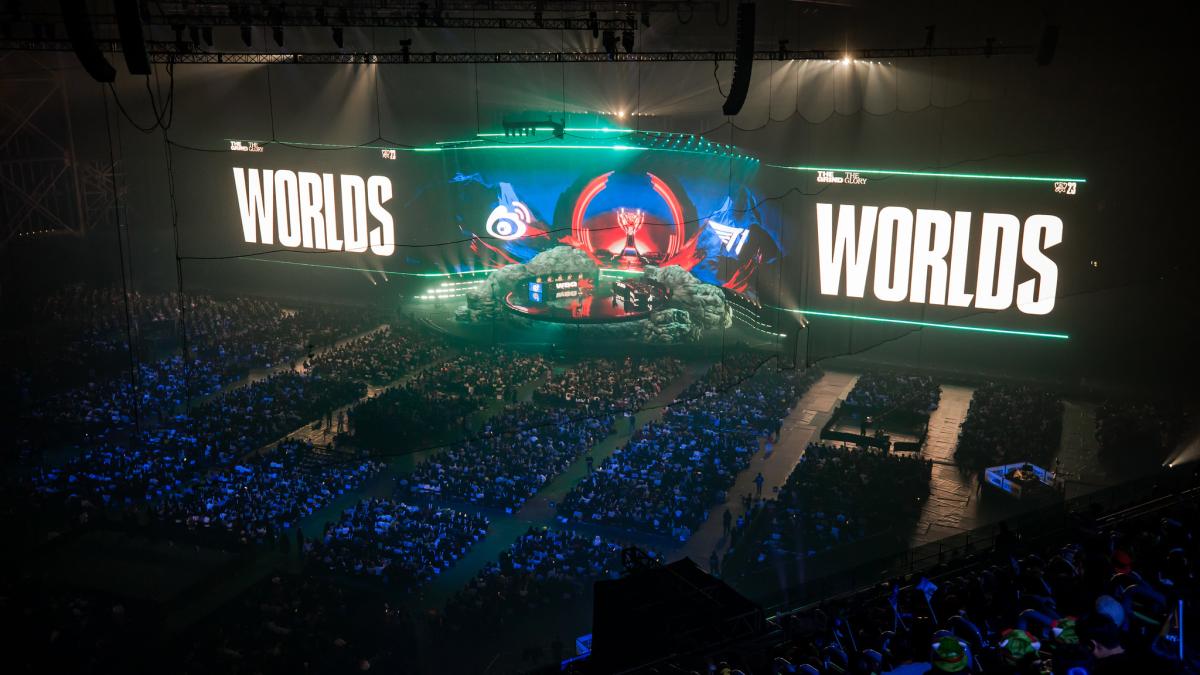
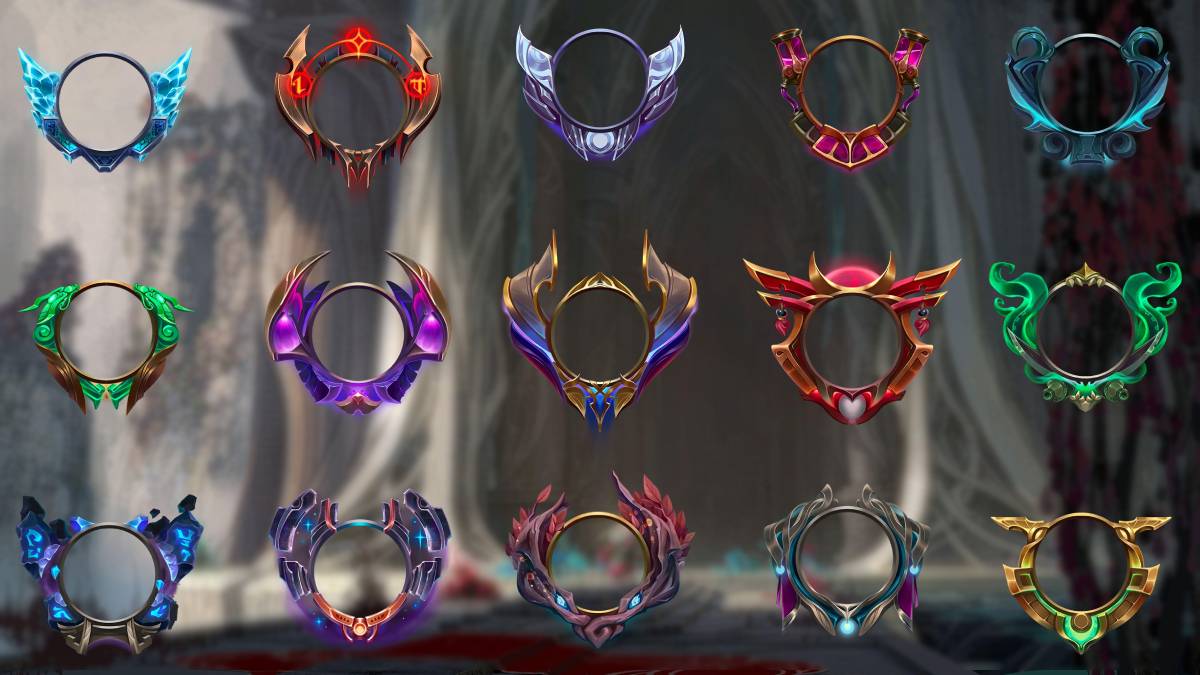
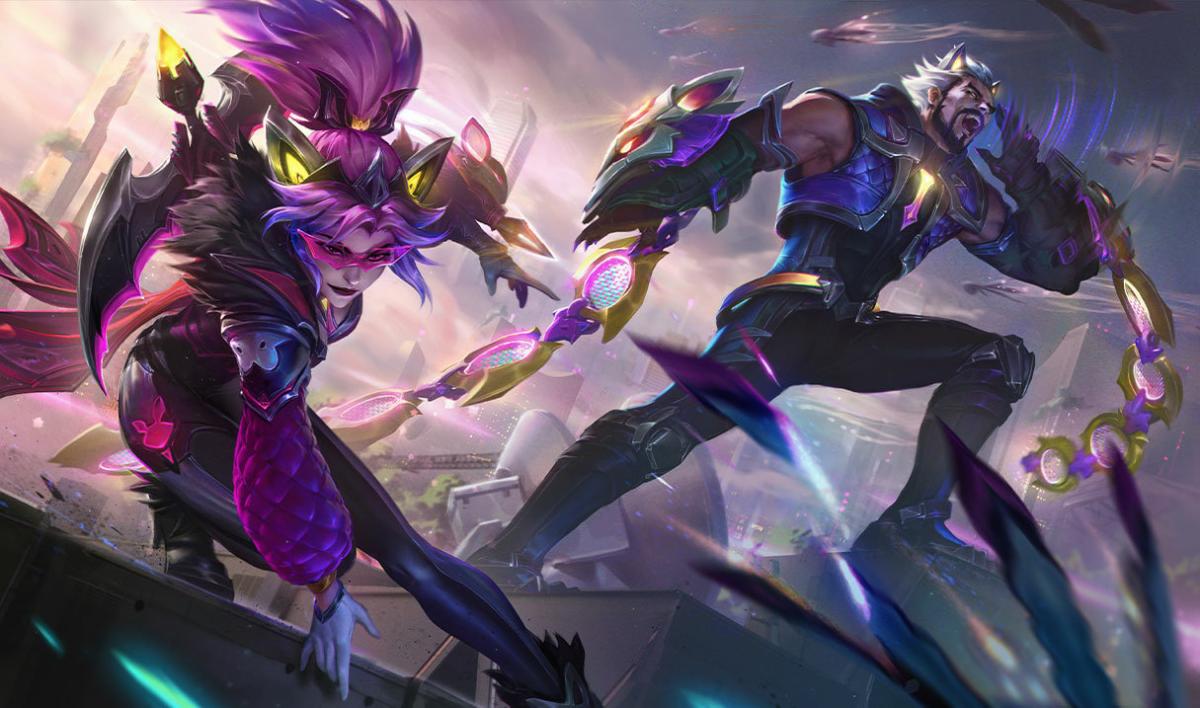

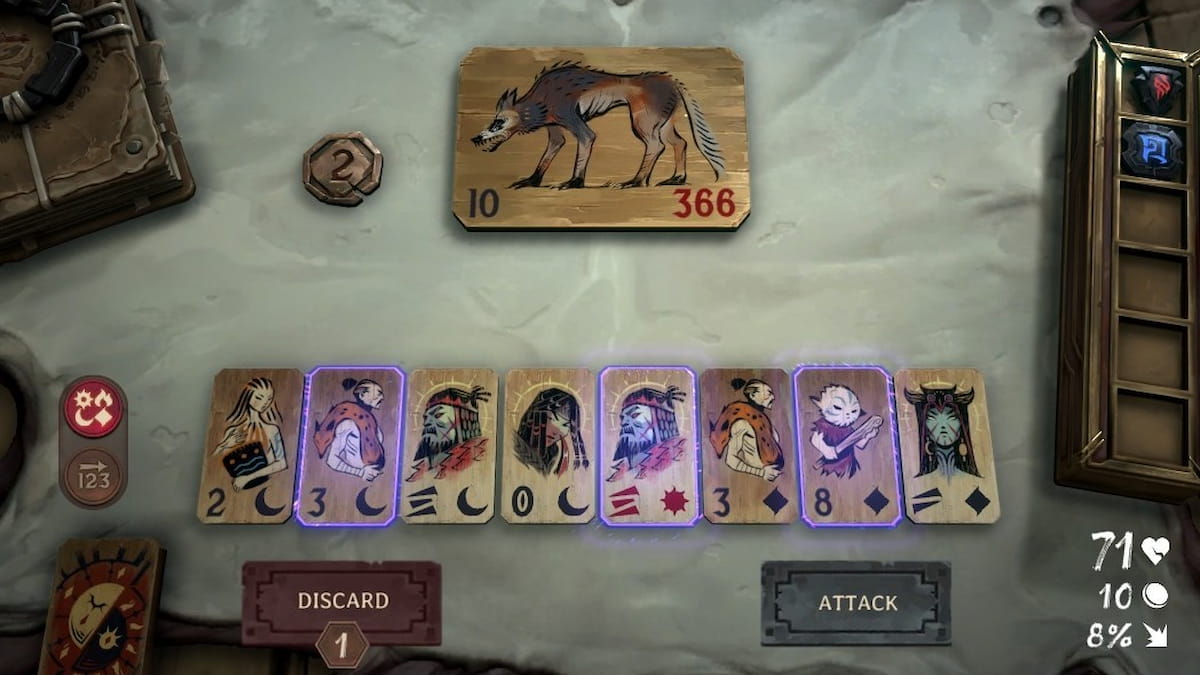






Published: Dec 5, 2023 06:14 pm